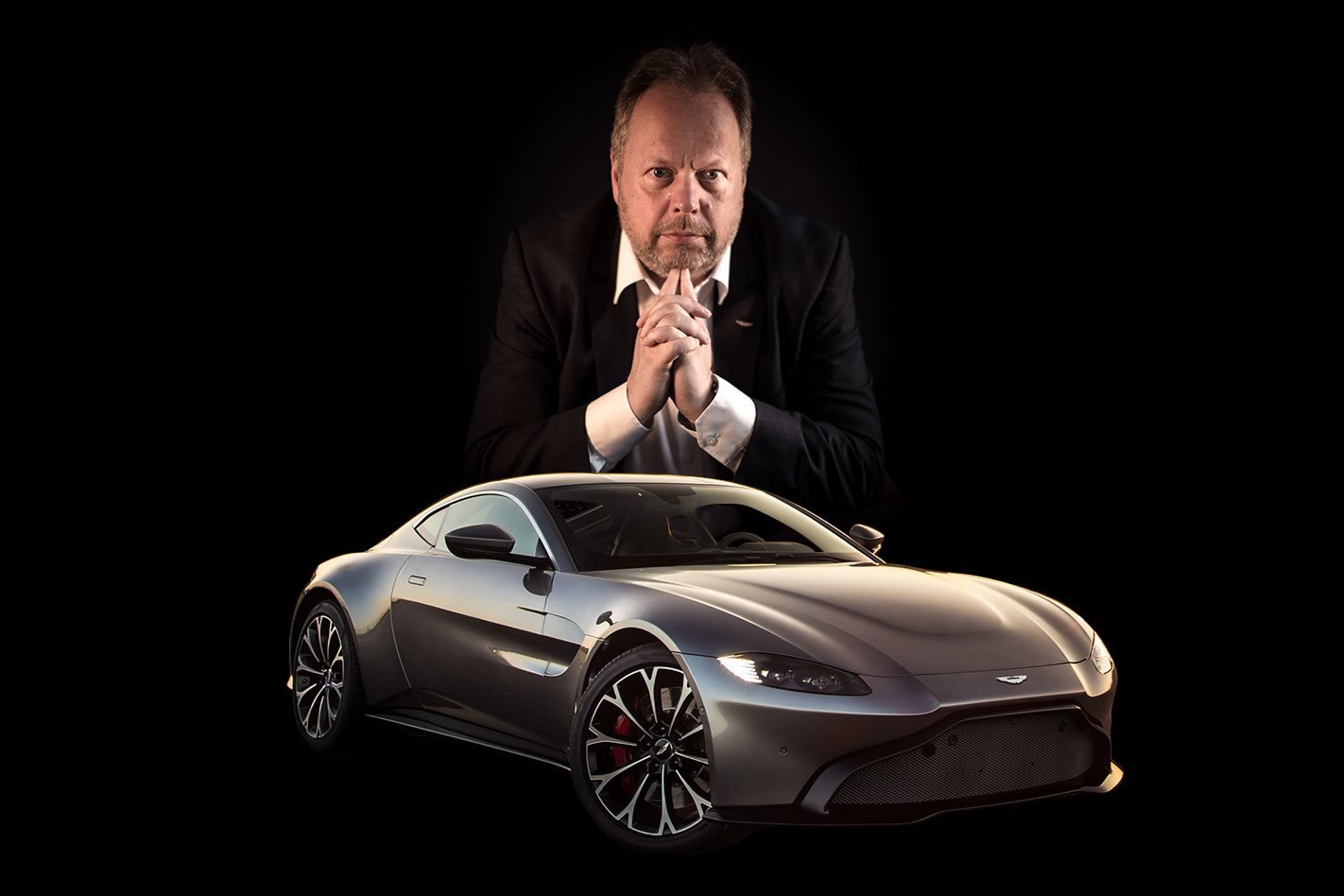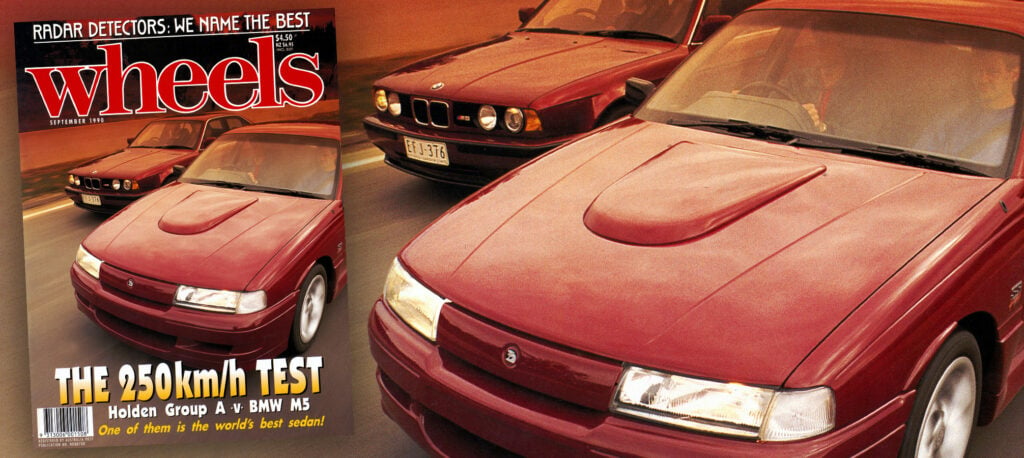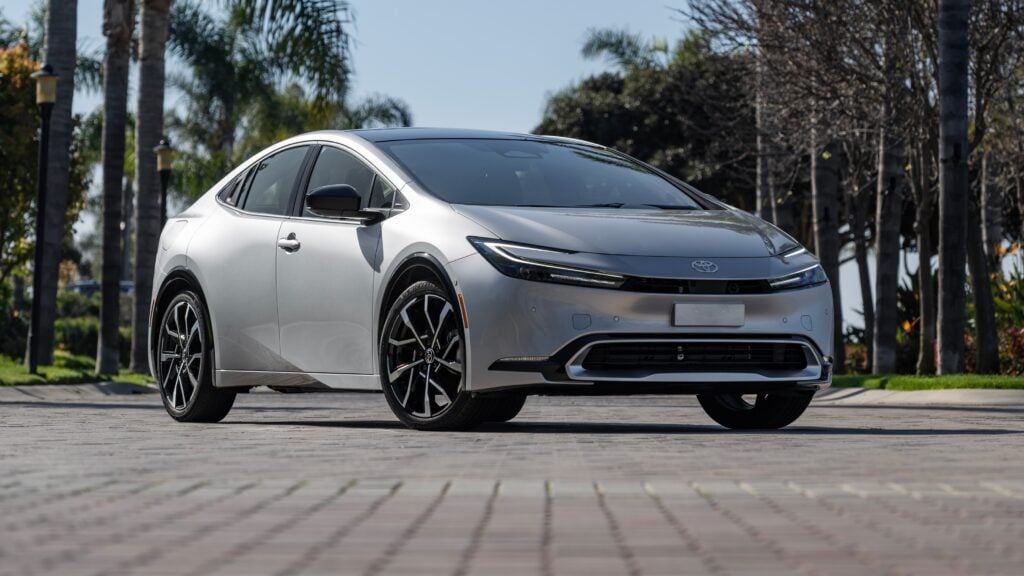NOT every car company executive is a petrolhead.
Oh, plenty like cars, some you’d even call enthusiasts, but bona-fide car nuts aren’t common.
This isn’t the end of the world; you don’t need to love cars to run a car company well any more than you need to love surgery to ably run a hospital. However, like most jobs, those with an abiding passion for the product tend to be more successful. Aston Martin CEO Andy Palmer is definitely one such person. He races as often as his globe-trotting schedule allows, has a 1980 Vantage that’s been expertly restored by Aston’s Heritage division and, as a Fellow of the Institution of Mechanical Engineers, has a fundamental understanding of how the machines his company builds work. But he’s also a good businessman.
Taking the helm at Aston Martin may have been a dream job, but it must also have been a daunting one – the company had only been profitable in two of its 104 years and the majority of its range was well past pension age. Palmer went to work, creating a range of ultra-exclusive variants for the super-rich to keep the coffers ticking over while formulating Aston’s ‘Second Century Plan’, the first fruits of which was the DB11.

It wasn’t intentional, but a lot of our recent articles and features have been a tribute to the work of dyed-in-the-wool car nuts like Palmer. People like Andreas Preuninger, the father of the 911 GT2 RS; the late Geoff Polites, who green-lit the XR6 Turbo program; and Ferdinand Piech, who was largely responsible for Audi’s five-cylinder engine and quattro system. It’s engineering-first execs like these who will, hopefully, ensure EVs like the Porsche Mission E continue to entertain drivers for decades to come.






